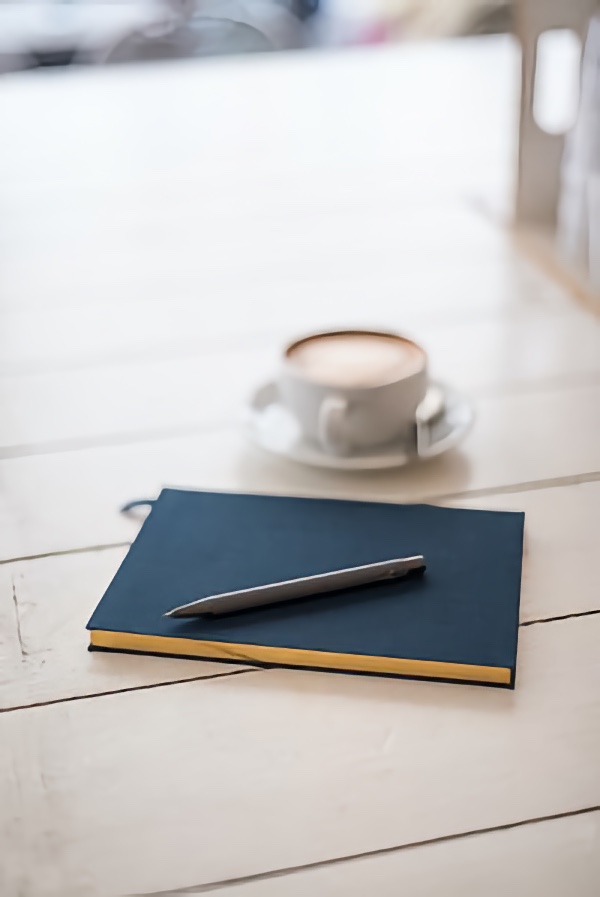You’ve chosen someone, had your initial conversation and now you’re getting started, so it’s good to think about what you expect from counselling.

Just like any relationship, with counselling there can be expectations, highs, lows and bumps in the road (we tend to call those ‘ruptures’). In my own therapy I’ve experienced awkward moments, emotional moments, moments where I just didn’t want to be there and then ‘wow’ moments where something really clicked into place for me.
So what should you expect in your first counselling session?
Depending on the type of counselling your therapist is trained in, you might get questions or they might sit back and see what you’d like to bring to the session.
You may find that they ask about how you’re feeling right there and then or even what you’re noticing in your body, as you sit talking with them.
You might want to jump straight in with the thing that has brought you to therapy or you might want to be more cautious and gently ease in to sharing some of what’s troubling you.
You may be feeling:
Scared of being judged, of being vulnerable, as being seen as silly somehow. Remember, your counsellor is not there to judge you and they are on your side. Whatever you bring, they will have heard in some form or another, from other clients and they won’t be shocked.
Tearful and emotional. You might have been holding these feelings inside for a long time and felt alone. It can be a huge relief to have a kind, compassionate person there to hear you. Even if you don’t think you’re going to cry, perhaps have some tissues nearby, just in case.
Anxious about sharing your thoughts and feelings. It can take some time to build trust with your therapist and they will understand this. The best thing you can do is to share with them that you feel worried or anxious, so that you can look at this together and agree a way forward that you are comfortable with.
Some practical considerations
If you’re going to a new location for the session – allow plenty of time to get there and find it so you don’t get flustered.
If it’s online – make sure you’re somewhere private and comfortable. You might like to have a blanket or cushion for comfort, a glass of water (or cup of tea/coffee) and some tissues nearby.

Think about having a therapy notebook – take it to sessions to jot down anything that comes up for you, that you want to reflect on afterwards, and use it in between sessions to make a note of any thoughts or feelings that you want to take to your next session.
Keep some time for yourself either side of your appointment. That might be the journey to / from it, or if it’s online or over the phone you could come up with a way of marking out that time (a walk around the block, ten minutes calm time in your garden, a cup of tea in silence).
Uh-oh, we’ve hit a bump in the road…
In counselling there is no ‘right’ or ‘wrong’ way for sessions to go. Your counsellor is only human after all.
BUT, if you feel that they’ve not understood what you are trying to say, or they’ve been careless with their words then it’s really important that they know that. Don’t be afraid to correct them or to share with them if you’re feeling misunderstood or hurt – they will see this as an opportunity to correct any mistakes.
Having an opportunity to repair the relationship with you can be really beneficial for the work you are undertaking together. If you have concerns about the way they are working with you though, and haven’t been able to resolve them yourself, you can contact their ethical body (for me, that would be the BACP)
One final (very important) thing. Your counsellor is not a magician. They cannot ‘fix’ you – mainly because we don’t believe you’re broken in the first place! Counselling is hard work on your part and at times, as difficulties are brought to the surface, it can really feel tough. Stick with it though and the rewards can be life-changing.

Leave a Reply